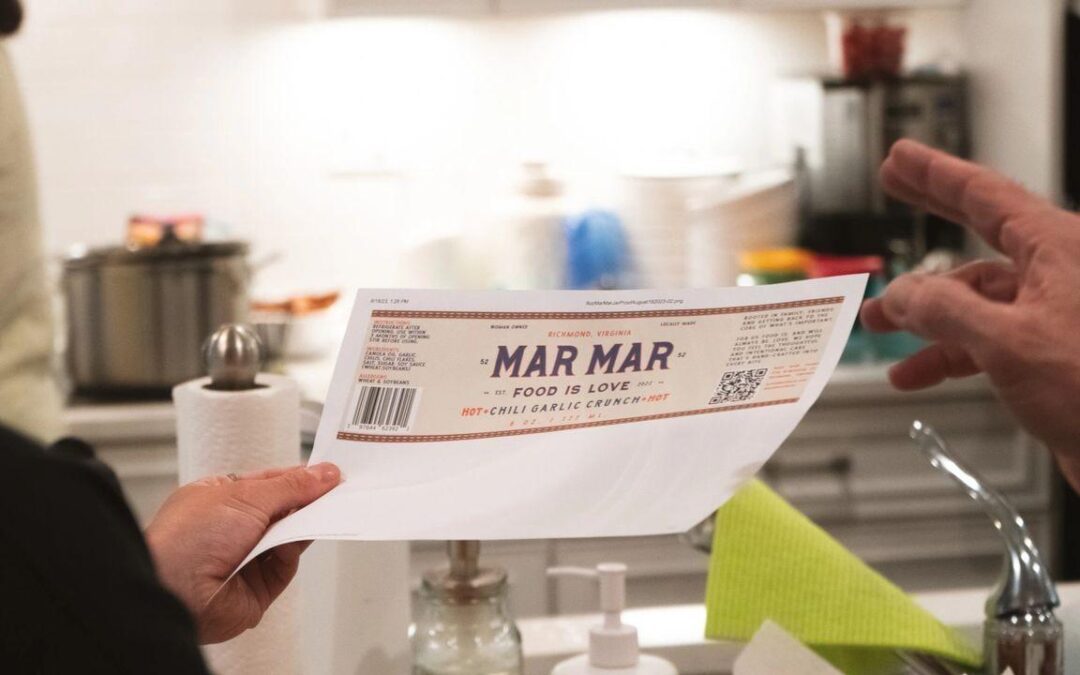October 10th, 2023 - 2:00pm - Market on Meadow - 68F and CloudyPlaylist: Garlic Hearts Rain pattered on roofs, branches, and cobblestone alleys in the forever chill Museum District. Seriously, that whole place is a lo-fi album cover. Find some peace between the...




